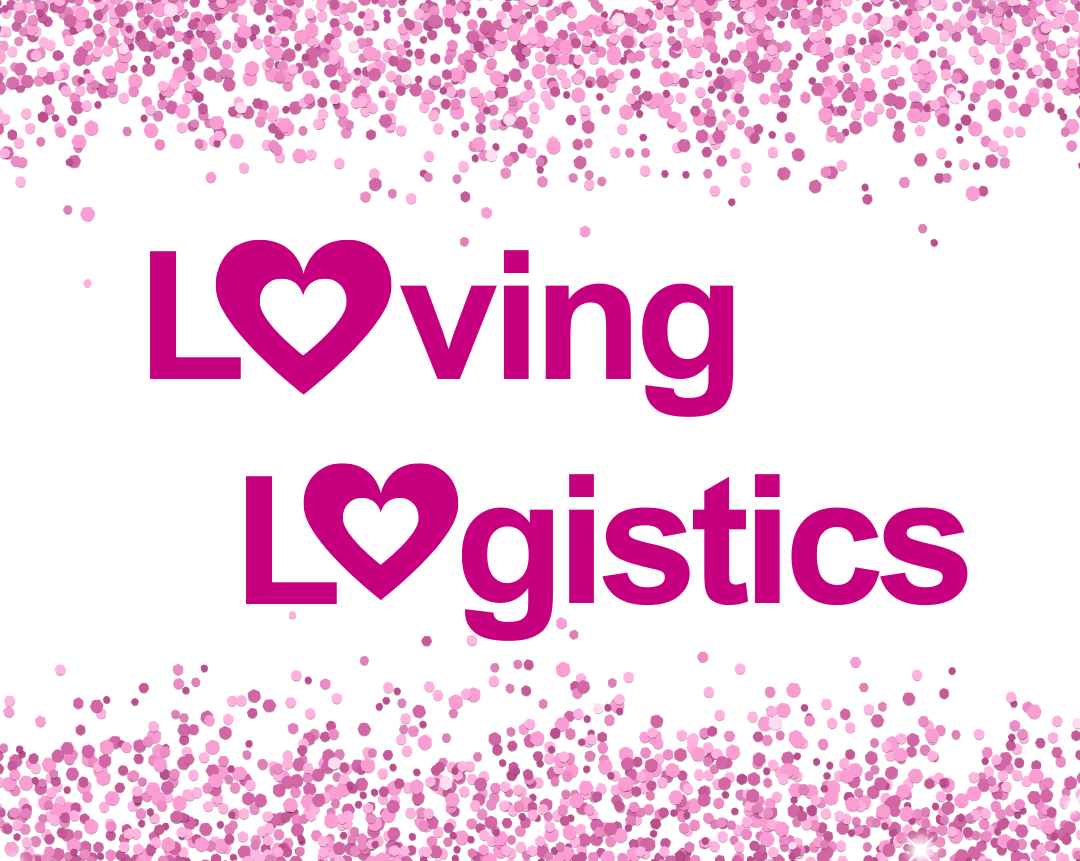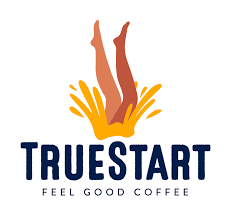eCommerce for start ups – when is the right time to outsource your fulfilment
We often receive enquiries from start-ups in the early stages of their online ventures. While we make every effort to provide assistance, it’s generally recommended to have around 200 monthly sales to truly leverage the benefits of eCommerce fulfilment for your start-up.
There are a few exceptions to the above guideline – if you possess a solid marketing strategy and a team committed to growth, we’re open to discussions. However, if you are in the initial stages, the below guide will help make your journey a little easier.
How to launch your online sales brand
Create your online sales platform on something like Shopify or Woo Commerce.
Approximately 95% of online retail sales are conducted through the top four or five software packages. For seamless integration, opting for these well-known options is advisable. Choosing more obscure platforms might lead to additional ongoing integration expenses.
Consider doing your own fulfilment and logistics management while still getting established.
There are two reasons for doing this. Firstly, outsourcing from day one can be an expensive option particularly if you’re in a nascent market. The reality is 9 out of 10 new businesses fail and it’s prudent as a small artisan business that you minimise your costs.
Another equally vital reason is to grasp the full scope—from storage to fulfilment, delivery, and operational management—of your online business. I can assure you that when you hit the 200 deliveries per month mark, you’ll be eager for us to take on the outsourcing role. This isn’t primarily for the 90% of smooth deliveries, but for the 10% that encounter issues. Those troublesome 10% can consume 90% of your business time, diverting your focus from where it truly matters.
Don’t skimp on packaging or delivery
The best delivery experience for your customer won’t be via the cheapest packaging and carriers. If you pay cheap, you pay twice – either by resending or losing a hard won customer.
For example, alcohol is not an easy delivery and whether you’re using glass bottles for spirits and wine or cartons for real ale or cans for pre mixed drinks, poor packaging can lead to goods being very damaged by the time they are delivered. My golden rule is you need to be able to drop a package and your goods are still in pristine condition – then you’ve got your packaging right.
Same goes for great carriers. If you decide to go for one of our lowest cost carriers then just remember the opportunity for something to go wrong is higher. Do you want to deal with a damaged reputation for your brand as a result of the failed delivery, and an angry review from your customer as a result.
eCommerce fulfilment pricing
As a real ballpark minimum, you are looking at about £250 minimum charges for you first pallet. It will cost £150 to onboard, integrate and get all your SKUs listed (up to the first 10 or so), consignment with one of our lower cost carriers will cost you about £6 a consignment, and up to £1 a pick. This can be lower if you choose a postal alternative but you’ll need 100+ volume for it to be worthwhile. Once your consignment charges exceed £250 you can budget for about £5/pallet a week storage, no ongoing system fees and simply pay per pick and despatch.
Admin notes
All goods must be bar coded
That’s so we pick the right item every time. That’s a different barcode for every permutation of your product. For example, if your is a t-shirts, every different t-shirt in each different size is a separate bar code. We can help you with this but if we have to barcode all your stock then there will be additional charges.
Deposits
If you have no accounts or credit rating it is still possible to have an account but you may have to pay a bond to cover your forecast usage.
EORI number
You will need an EORI number which is an Economic Operators Registration and Identification number. Every legitimate fulfilment house is registered with the Fulfilment House Due Diligence Scheme via the HMRC – and they demand an EORI number for each and every one of our clients. You will need your UTR (Unique Tax Payers Reference) and SIC code. It’s not difficult but you will need to apply here before you onboard: https://www.gov.uk/eori/apply-for-eori
There are lots of other resources available to help you regardless of your business type – from Resources; Specialist sector reports, Blogs and Guides – I hope they help.
As always if you need us get in touch here:






